When it comes to designing and decorating a bedroom, there are many important factors to consider. From the furniture to the color scheme, every detail plays a crucial role in creating a comfortable and welcoming space. However, even the most experienced designers can make mistakes when it comes to bedroom decorating. In this article, we will discuss seven common bedroom decorating mistakes and provide solutions to these problems.
Choosing the Wrong Bed Size
One of the most important aspects of any bedroom is the bed. However, many people make the mistake of choosing the wrong size. A bed that is too small can be uncomfortable, while a bed that is too large can take up too much space in the room.
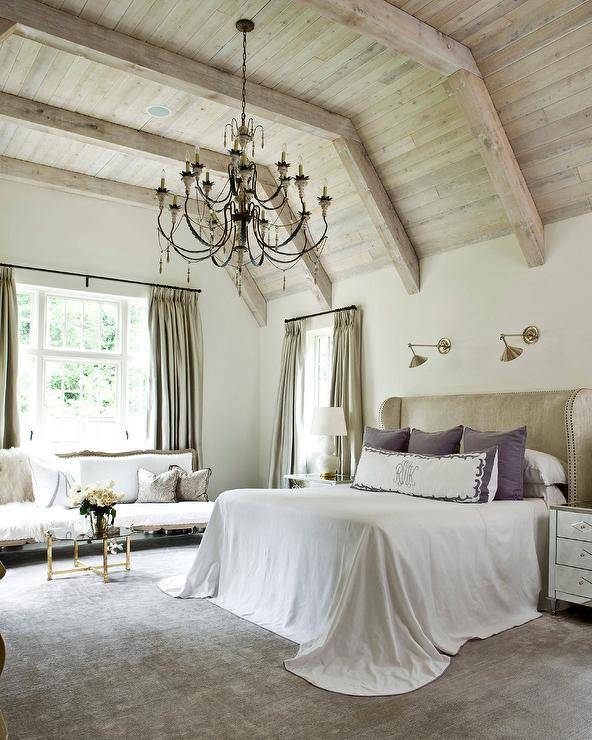
To avoid this mistake, consider the size of your bedroom and the amount of space you have available. If you have a smaller bedroom, a twin or full-size bed may be the best choice. If you have a larger room, a queen or king-size bed may be more appropriate.
Ignoring Lighting
Lighting plays a crucial role in creating a comfortable and inviting bedroom. However, many people make the mistake of ignoring lighting when designing their space. To avoid this problem, consider adding a variety of lighting sources to your bedroom.
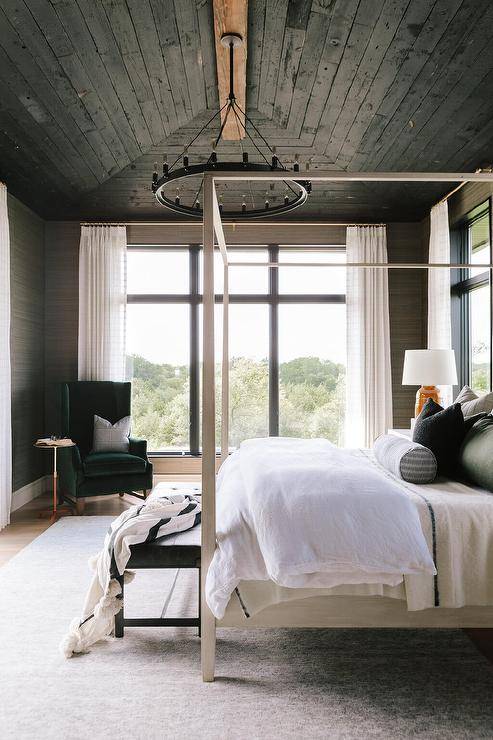
This may include overhead lighting, table lamps, floor lamps, and even candles. Additionally, be sure to choose a lightbulb with a warm and inviting color temperature to create a cozy atmosphere.
Forgetting About Storage
Another common bedroom decorating mistake is forgetting about storage. Without adequate storage, your bedroom can quickly become cluttered and disorganized. To avoid this mistake, consider adding storage solutions such as a dresser, nightstand, or closet organizer. Additionally, consider using under-bed storage to maximize space in your bedroom.
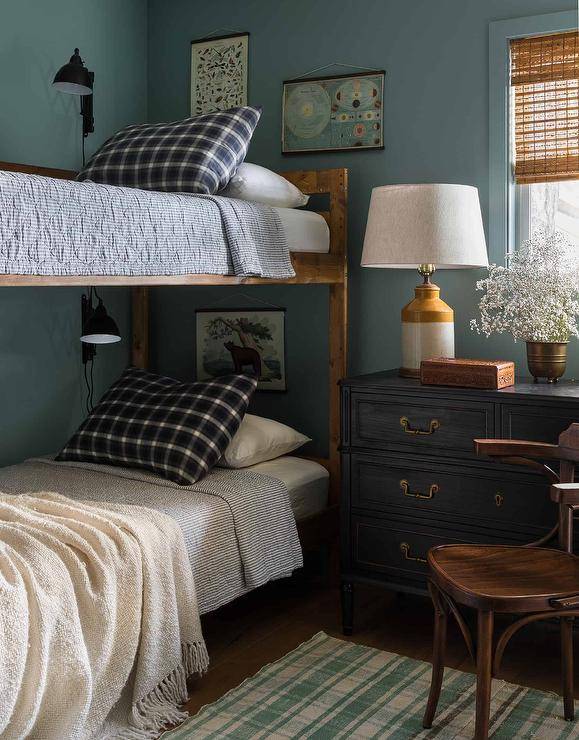
Choosing the Wrong Color Scheme
Choosing the right color scheme is crucial when it comes to creating a comfortable and inviting bedroom. However, many people make the mistake of selecting inappropriate colors.
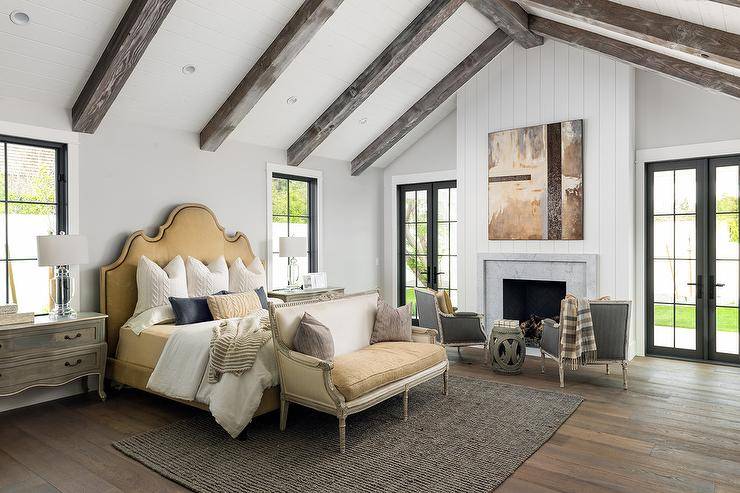
To avoid this mistake, consider the mood you want to create in your bedroom. If you want a relaxing and calming atmosphere, consider using soft and neutral colors such as beige, gray, or blue. If you want a more energetic atmosphere, consider using brighter colors such as yellow or red.
Overlooking the Importance of Texture
Texture plays a crucial role in creating a comfortable and inviting bedroom. However, many people overlook this important element when designing their space. To avoid this mistake, consider incorporating a variety of textures into your bedroom. This may include soft bedding, fluffy pillows, and cozy blankets. Additionally, consider using rugs and curtains to add texture and depth to your space.
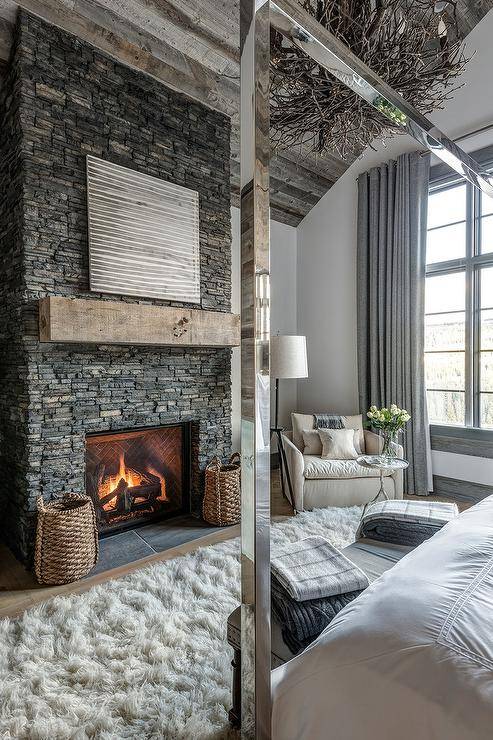
Choosing the Wrong Furniture
The wrong furniture can quickly ruin the look and feel of your bedroom. To avoid this mistake, consider the size of the room and the amount of space you have available. Additionally, consider the style of your bedroom and select furniture that complements this style. Be sure to choose furniture that is both functional and comfortable.
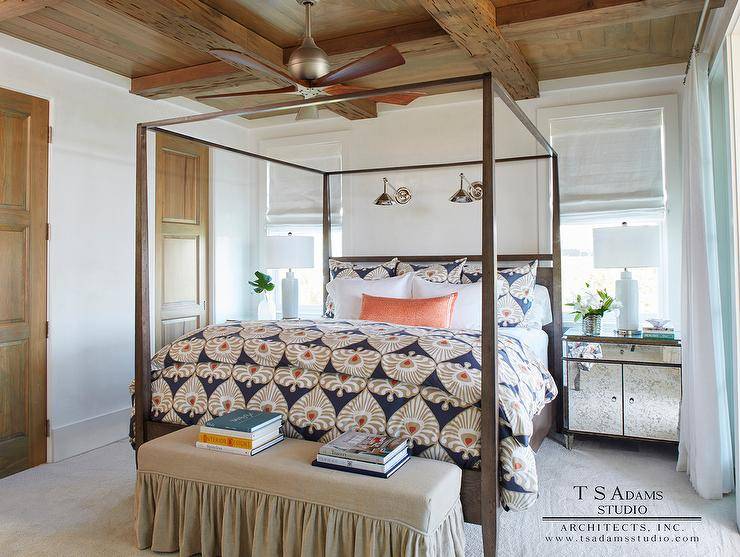
Neglecting the Importance of Art and Decor
Art and decor play a crucial role in creating a comfortable and inviting bedroom. However, many people neglect the importance of art and decor when designing their space. To avoid this mistake, consider adding a variety of art and decor to your bedroom. This may include paintings, photographs, and decorative objects such as vases or sculptures. Additionally, you might consider adding plants to your bedroom to create a natural and calming atmosphere.
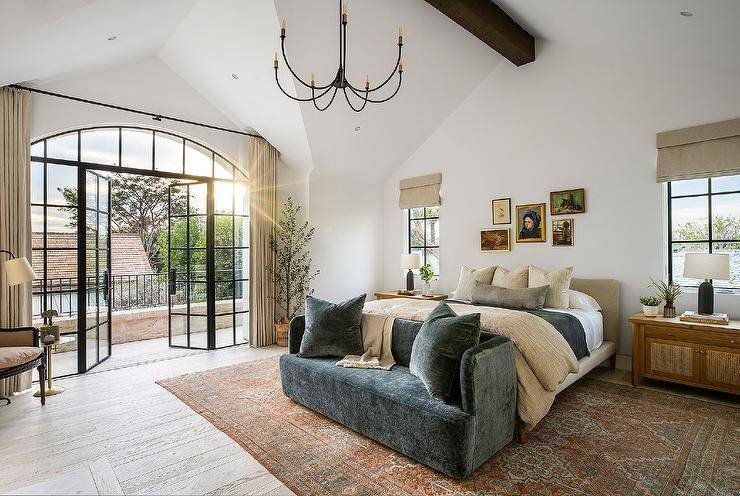
Designing and decorating a bedroom can be a fun and rewarding experience. However, it is important to avoid common decorating mistakes to ensure that your space is comfortable and inviting. By considering the factors discussed in this article, you can create a beautiful and functional bedroom that you will love spending time in.
You're reading Seven Common Bedroom Decorating Mistakes and Solutions, originally posted on Decoist. If you enjoyed this post, be sure to follow Decoist on Twitter, Facebook and Pinterest.
No comments:
Post a Comment